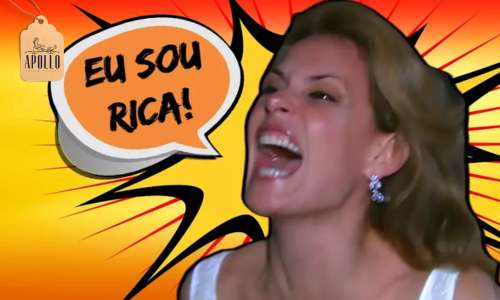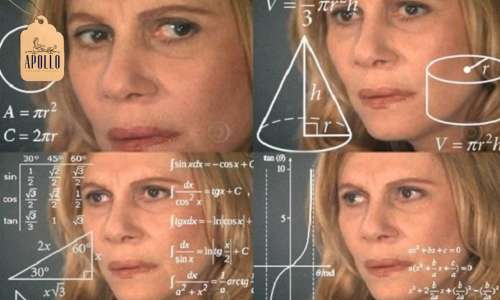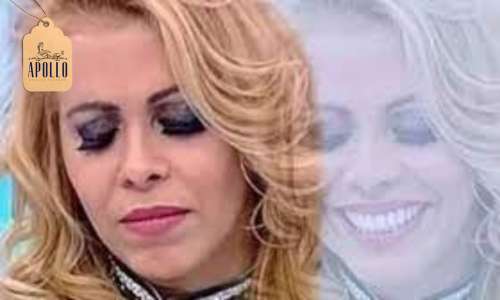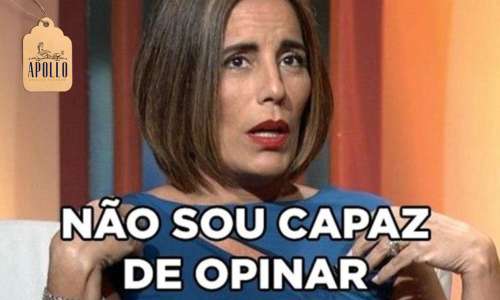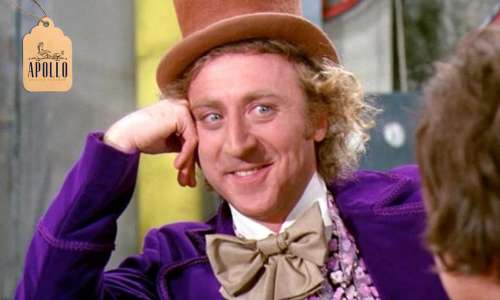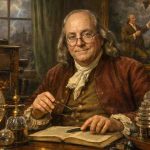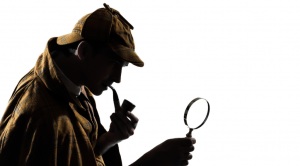Introdução
Esta semana, o calendário nos trouxe uma combinação inesperada, mas surpreendentemente rica em significado: o Dia Mundial das Abelhas (20/05), o aniversário de Sherlock Holmes (22/05) e o aniversário de Bob Dylan (24/05). Três figuras completamente diferentes — uma real, uma fictícia e uma do reino animal — que, de alguma forma, têm algo em comum: a capacidade de observar, interpretar e se expressar de forma única. Neste texto, convidamos você a enxergar essas conexões curiosas e refletir sobre como elas também podem inspirar a forma como aprendemos inglês.
📖 Aqui você encontra…
clique para verNível:
B2 (Intermediário/Avançado)
Objetivo:
Expandir vocabulário sobre cultura, natureza, música e investigação, além de desenvolver leitura crítica e interpretar diferentes contextos culturais e linguísticos.
Tópicos gramaticais abordados nesse texto:
-
Present Simple: Para descrever características e fatos, como em “Sherlock Holmes is the most famous detective in literature.”
-
Past Simple: Para narrar origens e biografias, como em “Bob Dylan was born on May 24.”
-
Present Perfect: Para falar de impacto contínuo, como em “Memes have become a universal form of communication.” ou “Bees have fascinated scientists for decades.”
-
Relative Clauses: Para adicionar informações descritivas, como em “Bob Dylan, who won the Nobel Prize, is known for his lyrics.”
-
Modal Verbs (can, might, should): Para falar de possibilidades e habilidades, como em “Bees can communicate through dances.”
-
Vocabulary of Observation and Communication: Termos como observation, pattern, clues, metaphor, symbolic language, detective work, lyrics, honeycomb, ecosystem, storytelling, insight, decode, enriquecem o aprendizado.
A Curious Week in History
Every now and then, the calendar gives us an unexpected trio of celebrations that just begs to be connected. This week, we celebrate the legacy of Sherlock Holmes (May 22), the brilliance of Bob Dylan (May 24), and the incredible role of bees in our world (May 20). Sounds random? Maybe. But what if we told you these three have more in common than you’d think?
Let’s dive into a mystery worthy of Holmes himself and explore what connects a fictional detective, a folk music legend, and a buzzing insect.
Sherlock Holmes: The Master Observer
Created by Sir Arthur Conan Doyle in 1887, Sherlock Holmes is the most famous detective in literature. He is known for his keen observation, logical thinking, and the ability to solve even the most complex cases using nothing but his intellect and a magnifying glass.
Holmes taught us to pay attention to the smallest details and to look beyond the obvious. In English, we owe him phrases like “elementary, my dear Watson” and expressions like “to crack the case” or “to follow the clues.”
But did you know that Holmes also symbolizes how powerful pattern recognition can be — in language, in learning, and even in nature?
Bees: Nature’s Tiny Detectives
Bees may not wear deerstalker hats, but they are masters of precision and communication. These tiny creatures use dance-like movements and chemical signals to share information with other bees, like where to find the best flowers. It’s almost like they’re giving directions to a crime scene, only their treasure is nectar.
Their behavior is organized, intelligent, and completely essential to life on Earth. Without bees, our ecosystem would fall apart. That’s why World Bee Day (May 20) is not just about saving a species, it’s also about understanding the quiet brilliance of natural systems that work like clockwork.
Fun fact? Bees are also connected to language. Scientists believe that their communication patterns may be the closest thing to a non-human symbolic language — an idea that would fascinate Sherlock Holmes and Bob Dylan alike.
Bob Dylan: The Poet of Protest
Now let’s bring music into the picture. Bob Dylan, born on May 24, is more than just a singer-songwriter: he’s a storyteller, an observer of the world, and a master of metaphor. With songs like “Blowin’ in the Wind” and “The Times They Are A-Changin’,” Dylan gave voice to political unrest, emotional complexity, and cultural transformation.
His lyrics use poetic language, irony, and deep imagery, a goldmine for English learners who want to explore real-life vocabulary, emotion, and nuance. No wonder he was awarded the Nobel Prize in Literature in 2016 — a rare honor for a musician.
In his own way, Dylan observes the world like Holmes and translates it into words that stick with us for decades.
What Do They Have in Common?
Sherlock Holmes observes human behavior and solves puzzles through logic and detail. Bees observe patterns in nature and communicate using symbolic dances and chemical signals. Bob Dylan observes society and expresses his insights through poetic lyrics and metaphor.
Though they come from completely different worlds (one fictional, one natural, and one musical) all three are masters of observation, interpretation, and expression. They notice what others miss, decode the world around them, and share their findings with clarity and depth — whether it’s through clues, movement, or melody.
Learning English With Curiosity
So, what does this mean for you, an English learner?
It means that learning a language isn’t just about grammar drills. It’s about being curious. It’s about reading between the lines, paying attention to tone, understanding symbols and rhythm, just like Holmes, bees, and Dylan do in their own worlds.
By exploring literature, science, and music, you train your brain to recognize patterns, expand your vocabulary, and understand context — the true signs of fluency.
Conheça a Apollo!
Aqui na Apollo Academy, a gente acredita que aprender inglês vai muito além das regras: é sobre observar o mundo com mais atenção e interpretar com mais profundidade. Quer aprender inglês de um jeito criativo e cheio de cultura pop, música e curiosidades?
Manda uma mensagem e vem desvendar esse idioma com a gente. A aula perfeita pode estar só a uma observação de distância.
⭐ Work for a Day and We’ll Tell You if You’re a Detective, a Poet, or Just Nosy ⭐
Ever wondered how you really behave at work? Are you super focused, always chasing clues like a real detective? Or maybe you get lost in your own thoughts, writing poetry in your mind while pretending to answer emails. Or… are you that person who knows exactly what’s going on in everyone’s life at the office (without even trying)?
Take this quiz, spend a day “working,” and find out if you’re a Detective, a Poet, or simply Nosy! 🎩📝👀
Answer honestly… or not. We’re watching. 😏
What’s your ideal weekend plan?

What’s your response to being ghosted?

Pick a quote that resonates with you:

Your friend is late for the fifth time. What do you do?

What would your TED Talk be titled?

Choose a TV genre:

What's your messaging style?

You're invited to a party. You…

How do you react to sudden change?

Pick your aesthetic motto:

